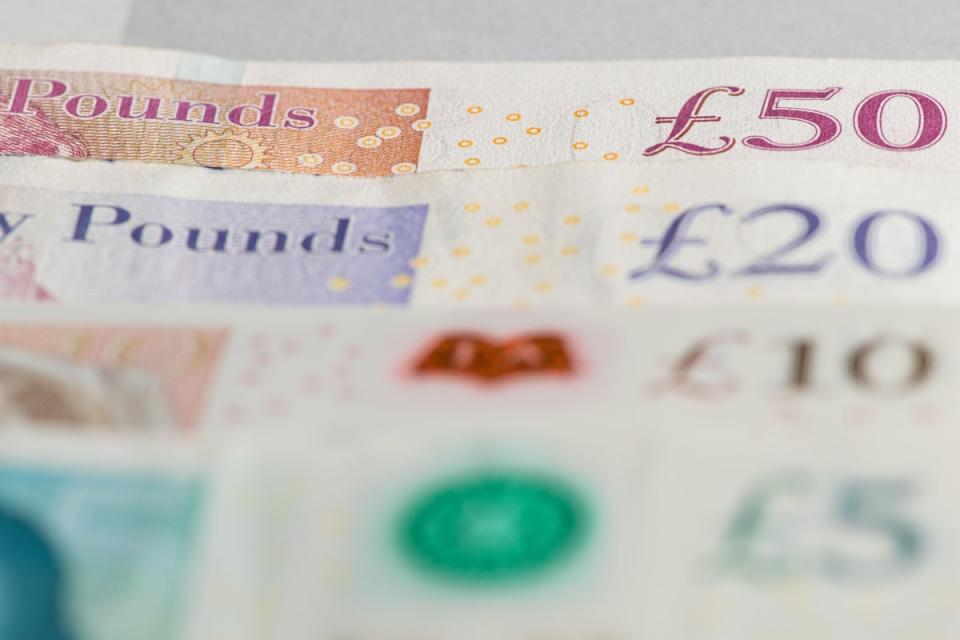What is National Price Hike day? Bills set to increase from April 1

The cost-of-living crisis has affected households across the UK for a while.
But things are set to get tighter as a number of household bills and public services will get more expensive from April.
It’s not all bad news, though, as some things will be decreasing. National Insurance, for example, is set to decrease from 10 per cent to eight per cent.
The changes will come into effect on Monday, April 1, which has been dubbed National Price Hike Day.
This isn’t unusual, as Government bodies and companies typically announce price increases every April.
Find out below which bills are going up, and what you can expect to pay more for from April.
What is National Price Hike day?
April 1 has been dubbed National Price Hike day, as this is the day a number of price increases will come into effect. While prices changing in April is not unusual, the sheer amount of changes combined with the effects of inflation make this date particularly important.
What is changing?
TV and broadband
Customers of Vodafone, EE, Plusnet, BT, and EE will pay 7.9 per cent extra starting on April 1. These businesses base their prices on the industry standard of 3.9 per cent plus December's inflation rate.Prices have increased by 8.8 per cent as a result of the 2021 merger of Virgin Media and O2, which uses the retail price index from January plus 3.9 per cent. Certain O2 customers may have a smaller price increase than this due to certain limitations.Additionally, the majority of Sky TV and broadband customers will pay an average of 6.7 per cent more.
National Insurance
The National Insurance starting rate will shift from 10 per cent to eight per cent on April 6.
Energy price cap
The annual cost for a typical household using gas and electricity will drop to £1,690 from April 1 to June 30 of this year.This is £238 less annually than the price cap that applies from January 1 to March 31 of this year.
Bills
Bills for the majority of residents in England's councils responsible for social care will increase by a maximum of 4.99 per cent.The increase for the majority will be 2.99 per cent in places, where authorities do not have authority over social care.
The social housing rent limit will be 6.7 per cent plus an additional one per cent for 2024-25.
In England and Wales, the average household's water and sewerage bill will increase by six per cent starting in April.
The annual cost of a regular colour TV licence will increase to £169.50, a £10.50 increase from the existing £159 fee.
Benefits
Parents will be able to make more money before their child benefit is lowered or eliminated.
As of April 1, child benefit money won't be reduced until one parent earns more than £60,000. The current amount is £50,000.
Inflation-linked benefits and tax credits will also increase by 6.7 per cent.
Car tax
In April, the excise charge on all vehicles, except the cleanest new and used autos, will increase.
How you can manage
Monthly bills are sure to go up, but there are things you can do to reduce the impact.
To combat the rise in energy bills, read our guide on how to reduce your home energy costs.
Check out our mobile plan comparison tool to see if you could save on your phone bill.
Contact your local authority and find out if you are eligible for any support schemes.
Read our guide on saving money generally, with tips ranging from no-spend weekends to being open about your money goals.

